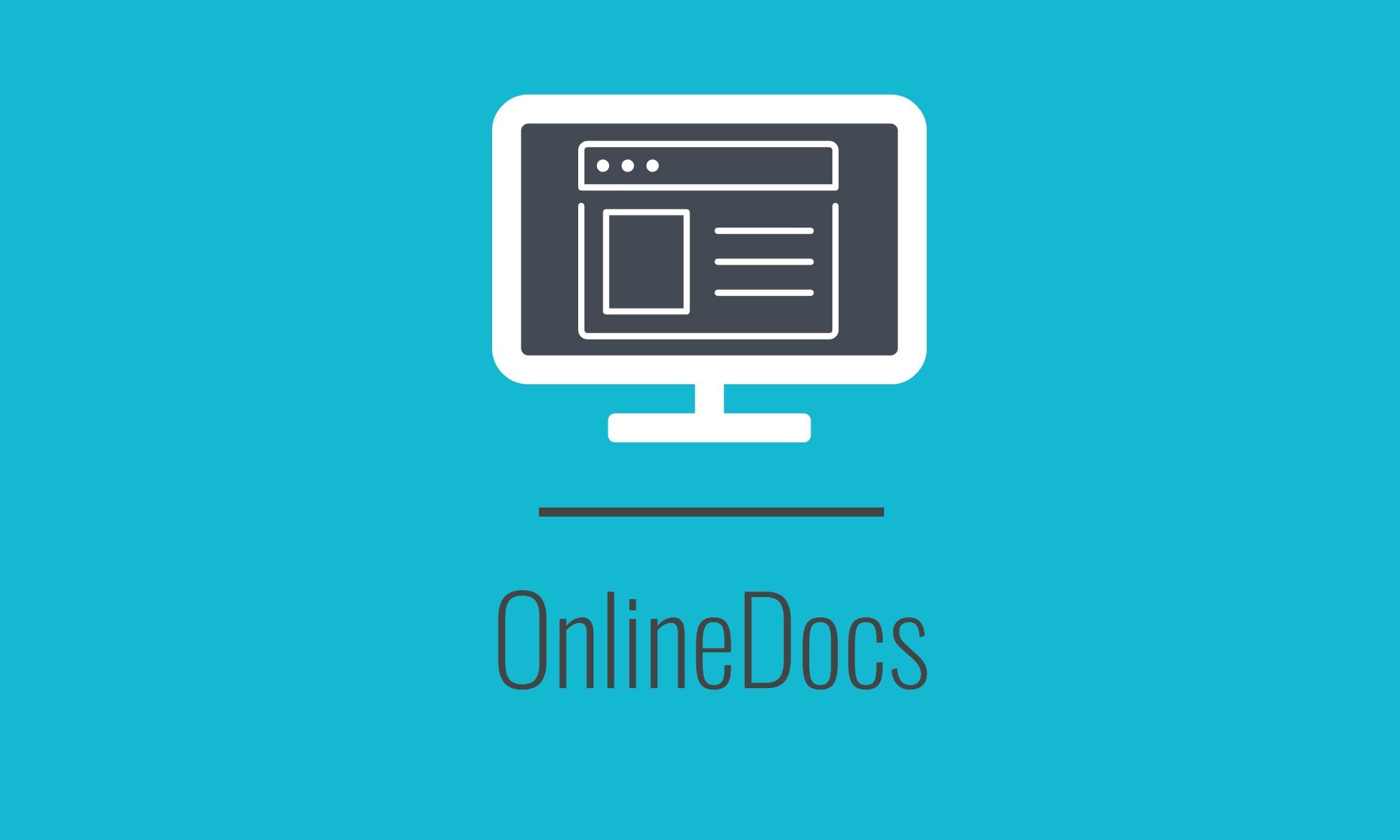
When it comes to dedicated server management, there are a number of benefits to consider before you make the jump to a managed hosting service. There are no surprises here. The cloud is the logical choice for dedicated servers and managed hosting services offer the added benefit of security and control over your server from the start.
Many people may be tempted to use a cloud provider when choosing a dedicated server or a managed hosting service. While the cloud is an extremely convenient solution to many different problems, it is not the best option. You can choose the cloud provider that best fits your needs and make the right investment for your business. Take the time to learn all the pros and cons of the cloud, including how you can quickly and easily adapt to the new features and functionality the cloud offers without a steep learning curve. Once you have identified your options and learned how to take advantage of the best of the cloud, you can compare both a managed hosting service and a cloud service and find the best fit for your needs.
A cloud provider offers you a lot of flexibility to tailor the tools you use to your specific needs. That means that a cloud provider will offer better support than a traditional hosting provider. For example, cloud hosting will include a site builder, which allows you to build your own website using various templates. This has been proven to increase productivity and ease of use for a company who is considering a managed hosting service.
Cloud providers also offer a full suite of security and management tools for increased security. For example, many cloud providers offer cloud based identity management services that help provide a secure identity to customers. Cloud services also feature things like regular scheduled backups of your data. This allows you to maintain an up to date backup of your information without having to continually download new versions. This allows you to create a more stable environment for your staff, clients, and customer base.
In addition to offering a full suite of security and management tools, a cloud provider will also provide tools to help manage the bandwidth that your company will need. Cloud hosting includes tools for managing bandwidth and application performance. The tools include utilities that enable you to view detailed bandwidth usage, measure application performance, and perform other important tasks such as monitoring and diagnosing. This allows you to more quickly identify bandwidth problems and offer solutions, such as slow upload speeds or high application traffic. For example, you can add and remove applications, using the tool.
For a managed hosting service, you can opt for a service with the same level of control. For example, you can choose a hosted web solution that offers a secured account. This is a good option if you are only going to have one site, with limited bandwidth. If you are planning on adding additional sites, this may not be a good option. A hosted service is generally the most flexible of all options. You can focus on adding to your server, rather than worrying about what additional resources you will need to run your business.
Before you make a decision about a service, learn all the pros and cons of each option. Compare the features and how they apply to your company and the amount of money you are willing to spend. You can then make a wise investment in your future with a managed hosting service.


Comments are closed, but trackbacks and pingbacks are open.